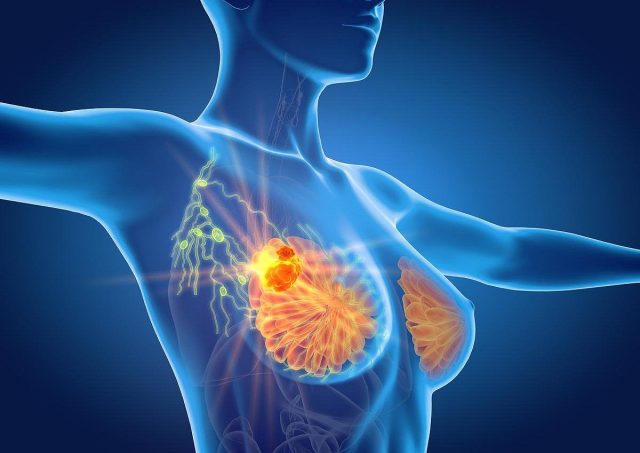Increase seen in detection of invasive cancers and in situ cancers, with reduction in screen-reading workload
By Elana Gotkine HealthDay Reporter
THURSDAY, Feb. 13, 2025 (HealthDay News) — Artificial intelligence (AI) contributes to early detection of clinically relevant breast cancer, according to a study published online Feb. 3 in The Lancet Digital Health.
Veronica Hernström, M.D., from Lund University in Sweden, and colleagues conducted a randomized, controlled, parallel-group, noninferiority trial within the Swedish national screening program involving women recruited at four screening sites who were eligible for mammography screening. Participants were randomly assigned to AI-supported screening, which was used to triage screening examinations to single or double reading, or to standard double reading.
The researchers found that AI-supported screening among 53,043 participants resulted in 338 cancers detected and 1,110 recalls, while standard screening among 52,872 participants resulted in 262 cancers detected and 1,027 recalls. Cancer detection rates were 6.4 and 5.0 per 1,000 screened participants in the intervention and control groups (ratio, 1.29), respectively. AI-supported screening yielded increased detection of invasive cancers (270 versus 217; proportion ratio, 1.24), which were mostly small lymph node-negative cancers. There was also an increased detection of in situ cancers with AI-supported screening (68 versus 45; proportion ratio of 1.51); about half of the increased detection was high-grade in situ cancer. Compared with the control group, the intervention group had significantly higher positive predictive value of recall, with a ratio of 1.19. There were 61,248 and 109,692 screen readings in the intervention and control groups, respectively, resulting in a 44.2 percent reduction in the screen-reading workload.
“The use of AI did not negatively influence the rates of recalls, false positives, or consensus meetings and the screen-reading workload was reduced by almost half,” the authors write.
One author disclosed ties to the pharmaceutical and medical technology industries.
Copyright © 2025 HealthDay. All rights reserved.



















